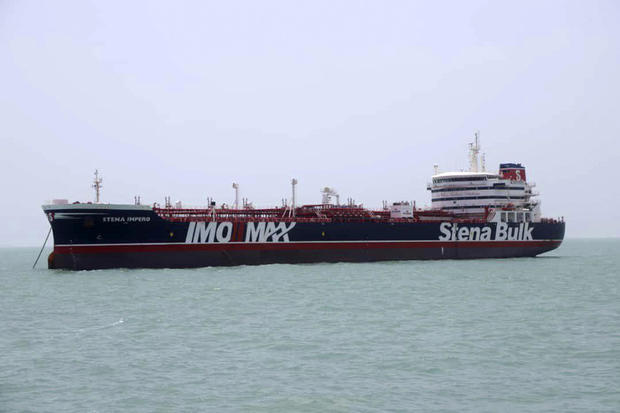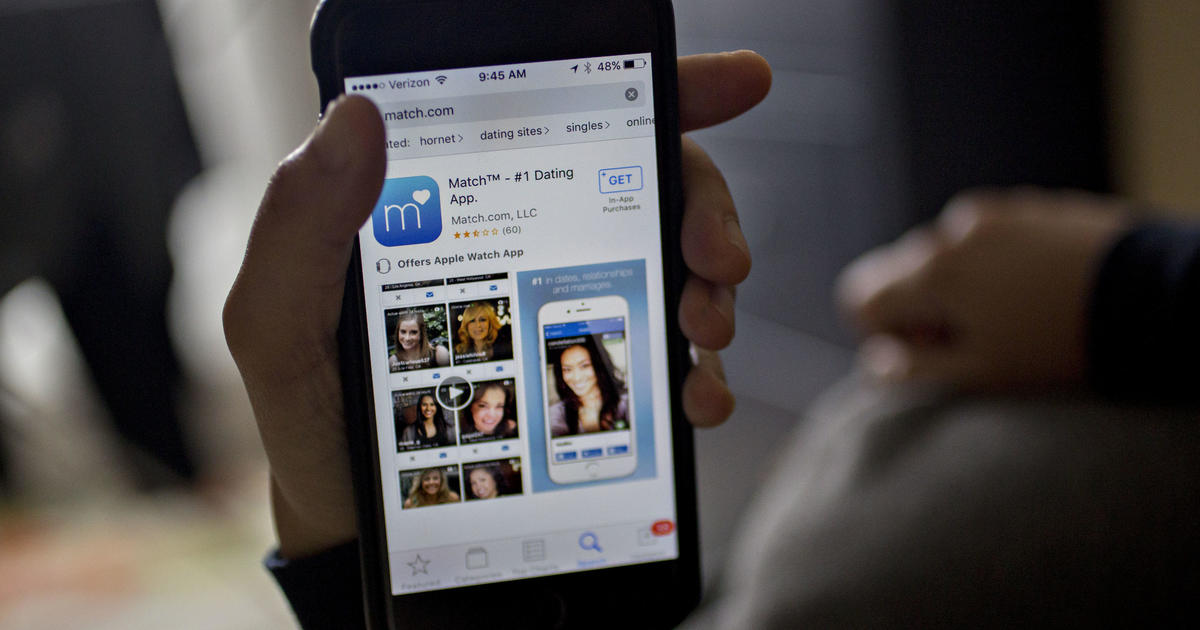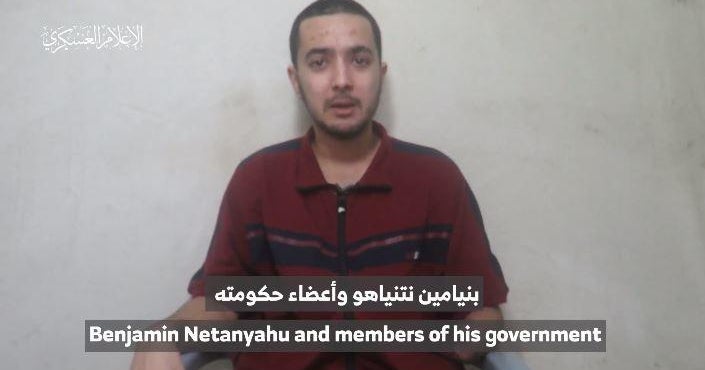Iran releases British-flagged tanker as inspectors report new breach of nuclear deal
The International Atomic Energy Agency (IAEA) reported Thursday that Iran is further enriching uranium with advanced centrifuges, the latest and most serious violation to date of the 2015 nuclear deal. Though President Trump pulled the U.S. out of the nuclear agreement, European leaders were still trying to salvage it.
On September 25, the IAEA verified that additional centrifuge cascades were accumulating, or had been prepared to accumulate, enriched uranium, a source familiar with the report told CBS News, meaning that Iran was moving forward with its nuclear development in a way that is prohibited by the 2015 deal.
Iran has doubled down on its intention to continue its nuclear development, stymied by the biting sanctions that the U.S. has placed on Iranian leaders and on Iran's trade with other nations.
Iran's President Hassan Rouhani spoke to reporters at a press conference Thursday, a day after his address to the annual U.N. General Assembly. He said that the information that the international nuclear agency has released came from Iran's nuclear experts, and that it was Iran's intention to advance its program. He said it is the United States that first breached the accord by imposing sanctions.
Although Iran has denied its intention to build nuclear weapons, the nuclear deal was intended to extend the time the nation would need to have enough fissile material to produce a bomb.
Three European signatories to the 2015 nuclear deal reportedly said they would trigger the dispute mechanism if there were further violations.
Iran began moving ahead with more advanced centrifuges in early September, and inspectors verified new centrifuges, including 30 advanced IR-6 and three IR-6s models, in violation of the deal that allows Iran to accumulate enriched uranium with slightly more than 5,000 of its first-generation IR-1 centrifuges at its Natanz facility.
Rouhani on Thursday said Iran could negotiate a new agreement with the United States if the U.S. implements all provisions of the nuclear deal, including the lifting of sanctions.
"We have nothing to do with" Saudi oil attack
The U.S., Britain, France and Germany have accused Iran of responsibility for the drone and missile strikes against Saudi Arabian oil facilities in mid-September. In response to a question by CBS News, Rouhani denied any Iranian involvement.
"As we say in Persian, we're not the top end of the onion or the bottom of it, so we have nothing to do with it," he said.
"Those who make the allegations must provide the needed proof to back up such allegations."
In his speech to the U.N. General Assembly, Rouhani warned that a "single blunder" could "fuel a big fire."
Gary Sick, a senior research scholar at Columbia University's Middle East Institute who served on the U.S. National Security Council, told CBS News, "The series of attacks on tankers and pipelines and, now, Abqaiq" — the Saudi Aramco facility — "have demonstrated that Iran has the capacity to inflict costs on the U.S. and its allies in retaliation for their policies. Trump has made it very clear that he is unwilling to react militarily, but neither is he willing to modify his economic blockade. The French proposed an alternative, but the U.S. has apparently rejected it."
"Iran is in a difficult position after the European countries backed up the U.S. assertion that it was responsible for the Saudi Aramco attacks," Richard Gowan, U.N. Director at the International Crisis Group, told CBS News.
Iran releases British-flagged oil tanker
The British-flagged oil tanker, Stena Impero, which was seized by Iranian forces in July, left Iran Friday morning, Iran's marine and port authority said.
Iran's president had said Thursday that the oil tanker would be released, and called for talks. "Cease this policy of maximum pressure and pursue a policy of dialogue and logic and reason," Rouhani said. Negotiations "would be a different set of circumstances and a different atmosphere."
Iran's nuclear developments were expected to be a focus at the U.N. this week, but President Trump's conversations with Ukraine have eclipsed that in the spotlight.
At the U.N. General Assembly debate, Israeli Foreign Minister Israel Katz said the international community should continue to support a "maximum pressure policy," and Saudi Arabia's Foreign Minister Ibrahim al-Assaf said, "We know very well who stood behind this aggression."
"Utmost pressure with every tool available should be applied to end the terrorist and aggressive conduct of the Iranian regime," al-Assaf said.





